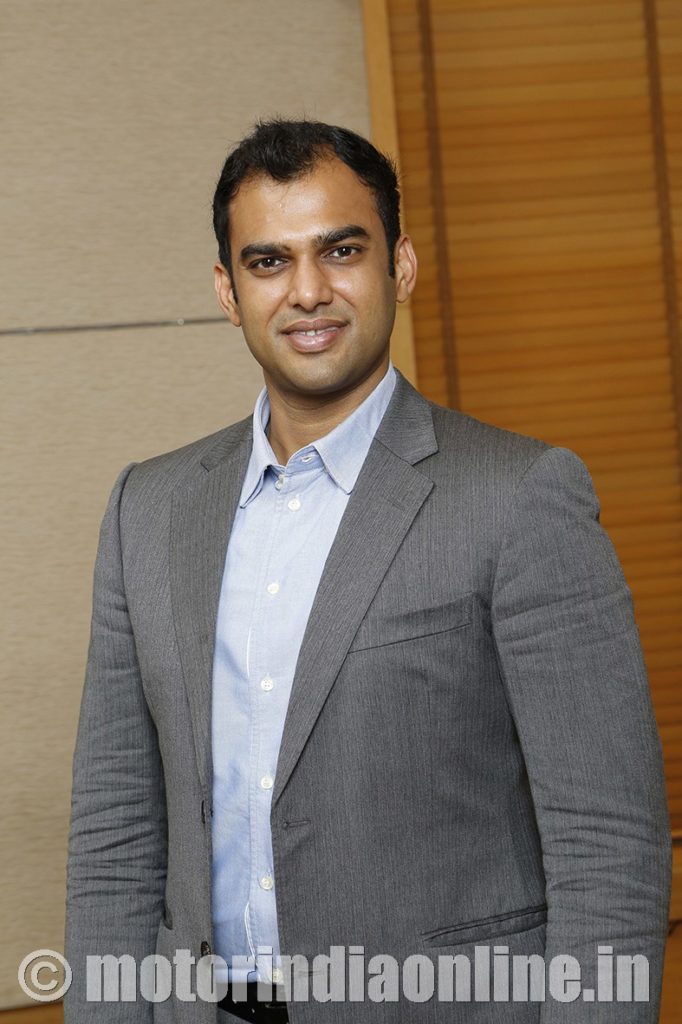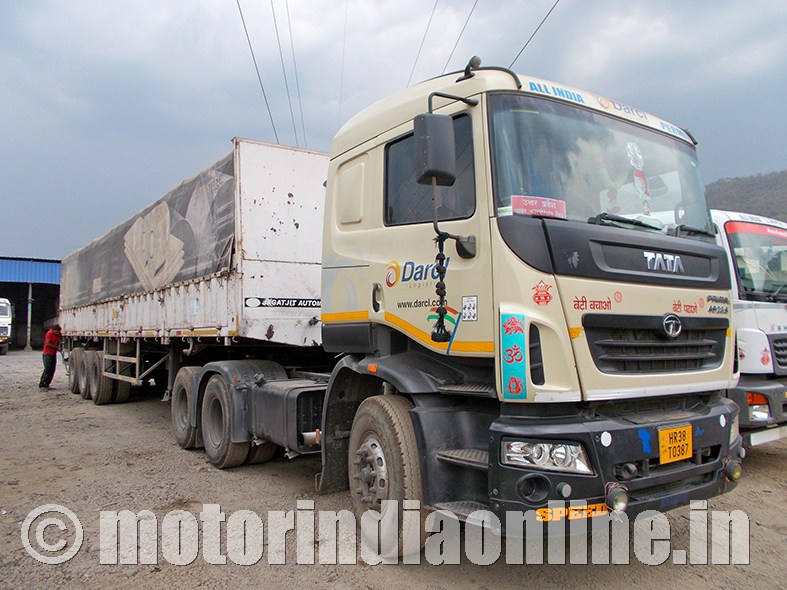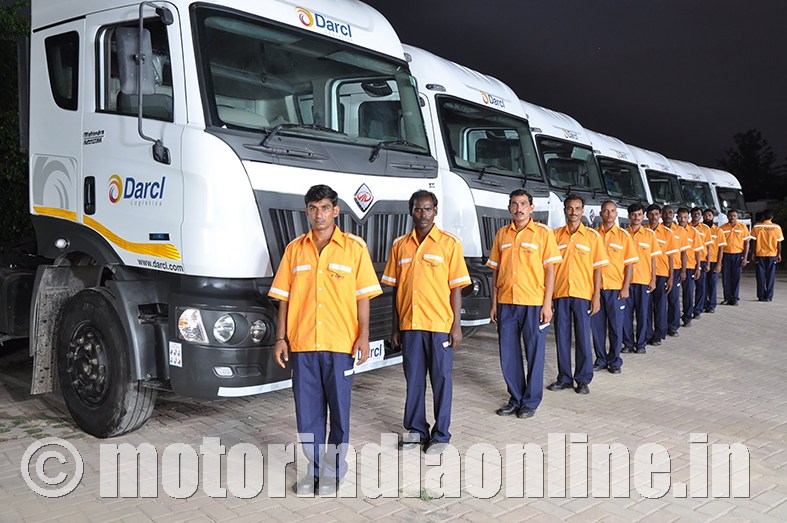Logistics is the platinum black catalyst for the entire economy. It is a complex industry, with a knotty interplay of dynamic factors like infrastructure, technology, management, and other allied services, providing an effective flow of goods and determining their costs that affect every end-consumer. Yet, it is one of the fastest growing sectors in India, now worth $260 billion. It posted an encouraging growth rate of around 14 per cent over the last five years.

To know more about the sectoral growth, we got in touch with Darcl Logistics, one of India’s premier end-to-end transportation service providers behind the growth of 2000 companies spanning across verticals such as iron & steel, minerals & ores, petroleum & chemicals, FMCG and retail, engineering & construction, and agri-products. In sync with the industry’s bloom, Darcl has registered an annual turnover of Rs. 1,821 crores in 2016-17, with a steady annual growth rate of 30-35 per cent for the past five years.
The company origin dates back to 1986, although the family-run business commenced its operations as early as in 1975 by plying a single truck between Delhi and Assam. Now, enlivened by the family’s third generation, the company is active pan-India in road and rail transportation with a network of about 250 branch offices across the country. It commands leadership in bulk and FTL transportation, supported by a dynamic fleet scheme covering over one lakh trucks accessed via associates and about 600 self-owned vehicles, including multi-axle haulers, tractor-trailers, tankers, tippers and Volvo prime movers (pullers) for specialised requirements. The other areas of business include container-based railway transportation, project logistics, freight forwarding and barge logistics to neighbouring countries.
The Vice-President of Darcl operations, Mr. Nitesh Agarwal, asserted that on an average around 15,000 trucks carry Darcl consignments at any point of time. That explains the capability of the company, he said, adding that Darcl’s key strengths are its robust infrastructure, technology-aided management and the customer-centric approach. The company is already SAP-enabled for efficient resource management, aided by an in-house IT division for state-of-the-art technology.
“Darcl is a tech-savvy firm”, claimed Mr. Nitesh, adding that the company is working on an EPOD (Electronic Proof of Delivery) system via mobile apps in pursuit of enhanced customer satisfaction and transparency and disintermediation in business. Asked about adoption of telematics in the fleet, he said Darcl has grown far beyond that.
Going forward, one may observe that the Indian logistics sector has evolved from mere transportation services to fully integrated service providers. In particular, asset-lean models of providing integrated logistics solution and multi-modal integration is fast catching up.
When asked about Darcl’s preparedness on these emerging megatrends, Mr. Nitesh said his company features an optimum mix of owned and outsourced assets, especially in terms of fleet scheme consisting of over 96 per cent of outsourced vehicles. This helps in achieving cost rationalisation, he added, pointing out that technology is the biggest enabler in this regard. In the next three years, Darcl is planning to enter 3PL and 4PL services, warehousing, freight-forwarding, and other value-added services. A joint venture agreement has been signed in this regard with the Korean leader CJ Logistics.
Darcl is also quite active in trying out feasible multi-modal transit routes, for instance, in the north-eastern region, combining road, rail and shipping modes. But the lead time and damage claims are huge owing to lack of inter-modal infrastructure. Hence hassle-free integration in the country has a long way to go, he added.
As for the GST impact, Darcl is quite optimistic on big savings in terms of better utilisation of vehicles, thanks to the removal of inter-State regulations and the RTO regime after proper implementation. He explained: “Our vehicles typically clock 5,000-6,000 km monthly on an average, and with the easing of barriers post-GST implementation, we can make an extra one or two thousand kilometres every month”. He foresees cost reduction to some extent, but fears fleet maintenance costs may go up.
Further, owing to lack of clarity on the GST rates, Darcl is unclear on the prospects for the current financial year. Yet, Mr. Nitesh is determined to double the company’s turnover in the next three years, with the commencement of operations in new verticals like automotive and components, and value-added services like warehousing.
He said there is an urgent need for reforms in the industry, and the biggest challenge for players like Darcl is to compete against the unorganised and small-scale regional transporters who at times resort to unfair and unethical competition. So, with the Indian logistics industry projected to take a giant leap to touch $307 billion by 2020, is Darcl ready to go the extra mile? The answer is a positive ‘yes’.

